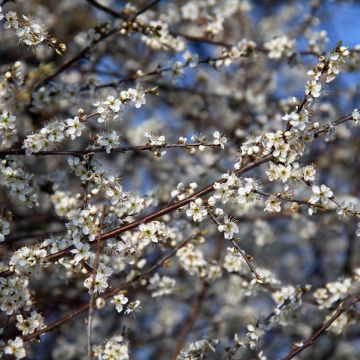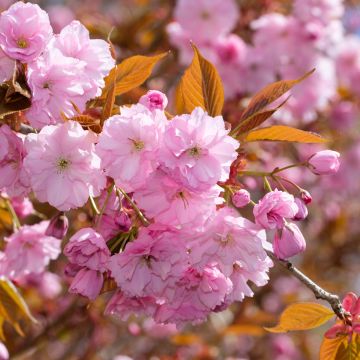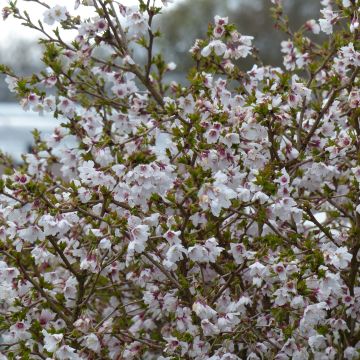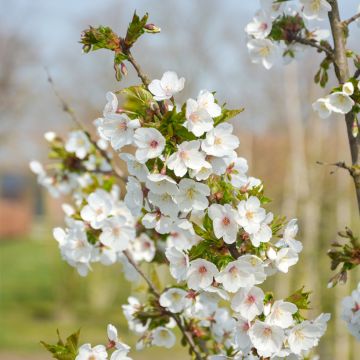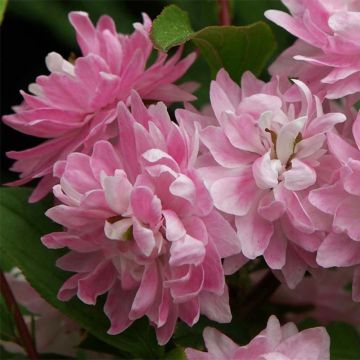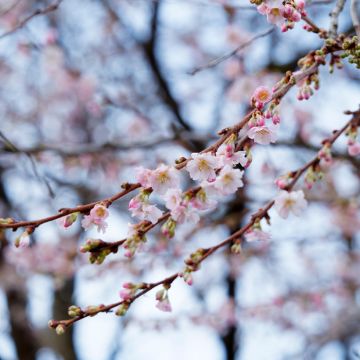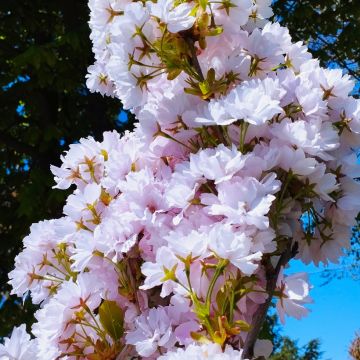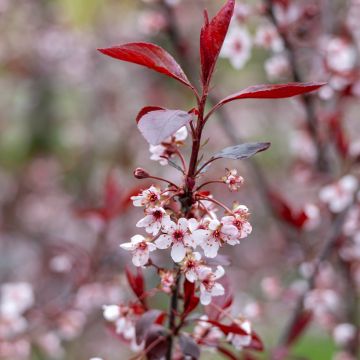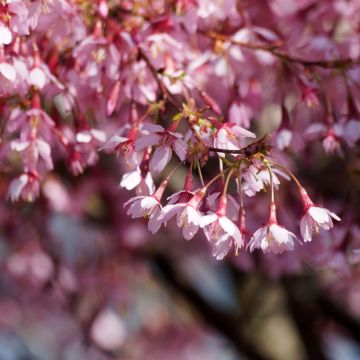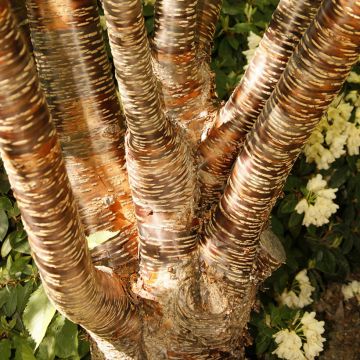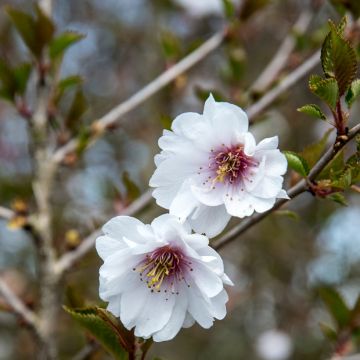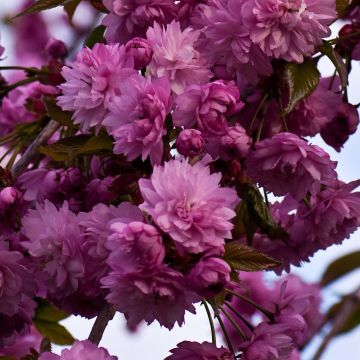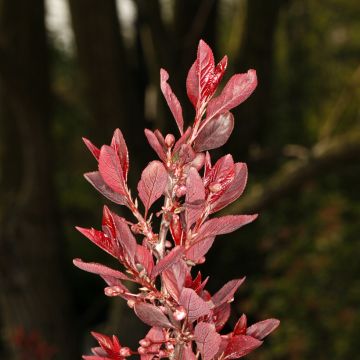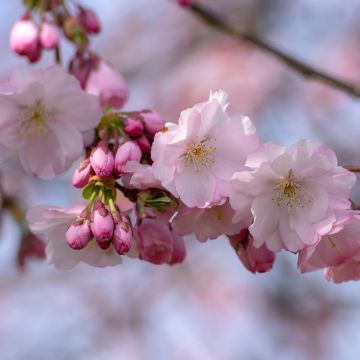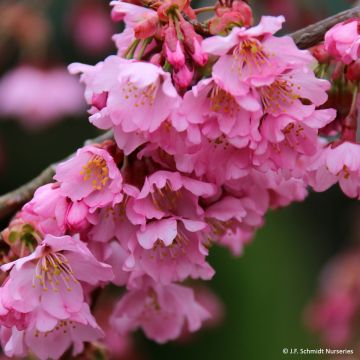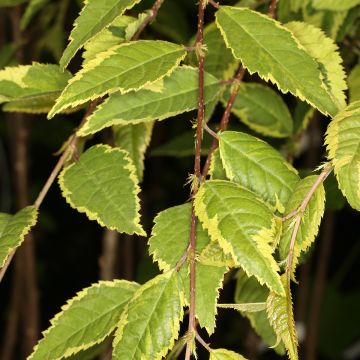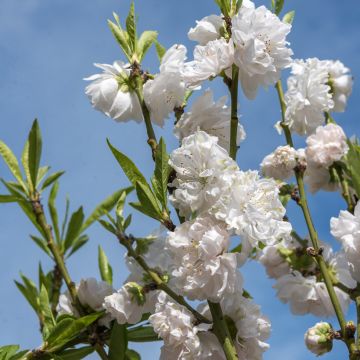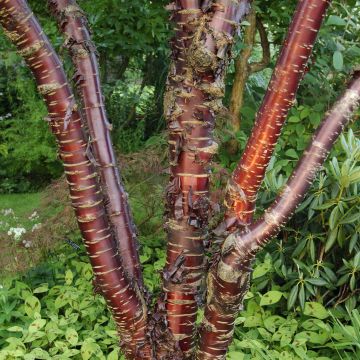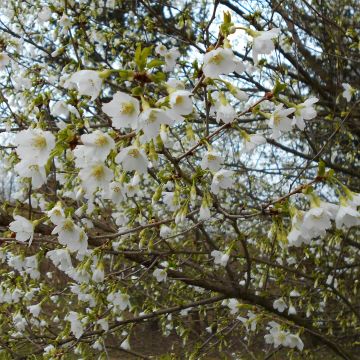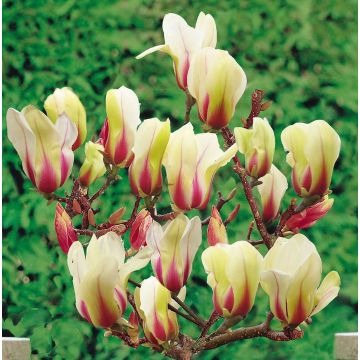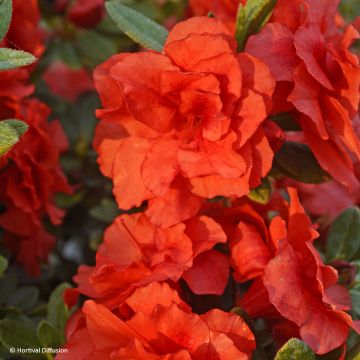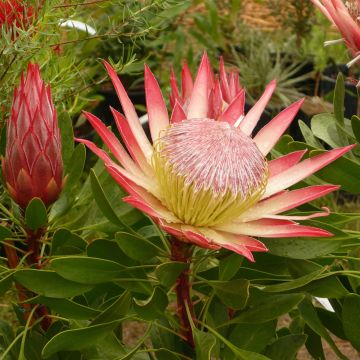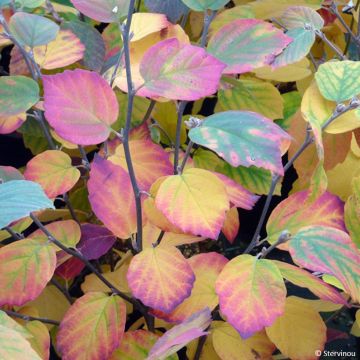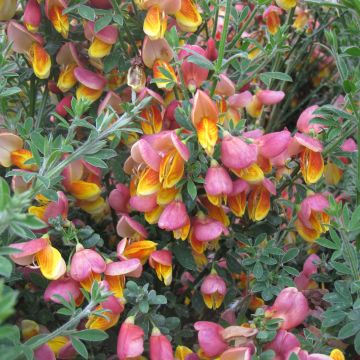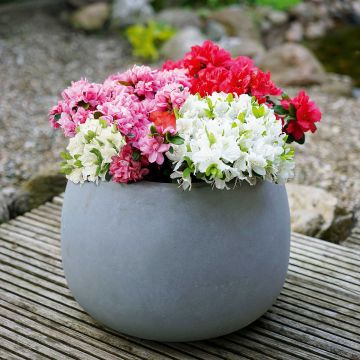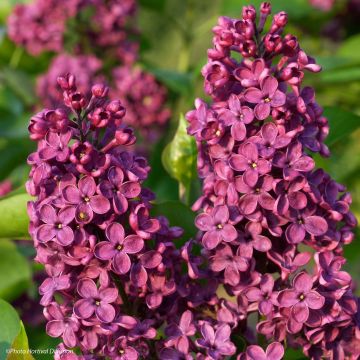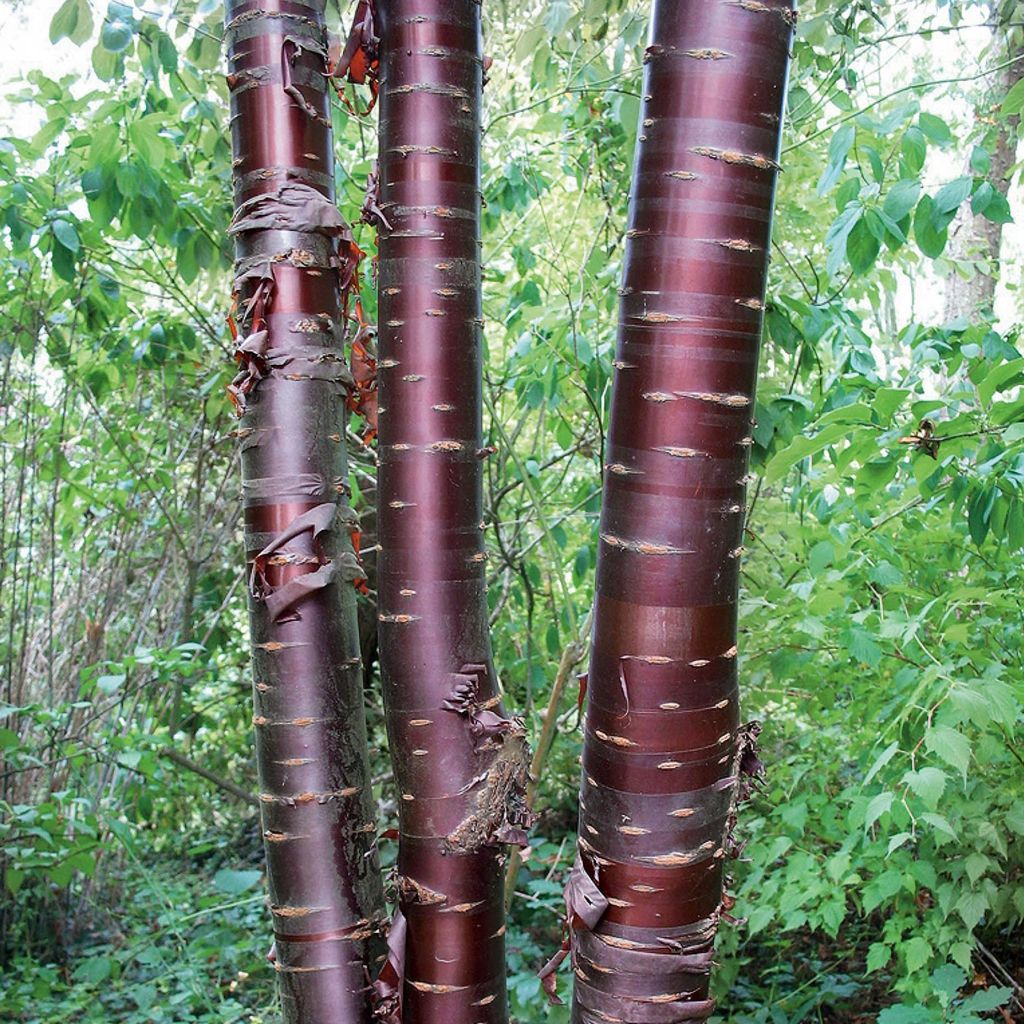

Prunus serrula Branklyn
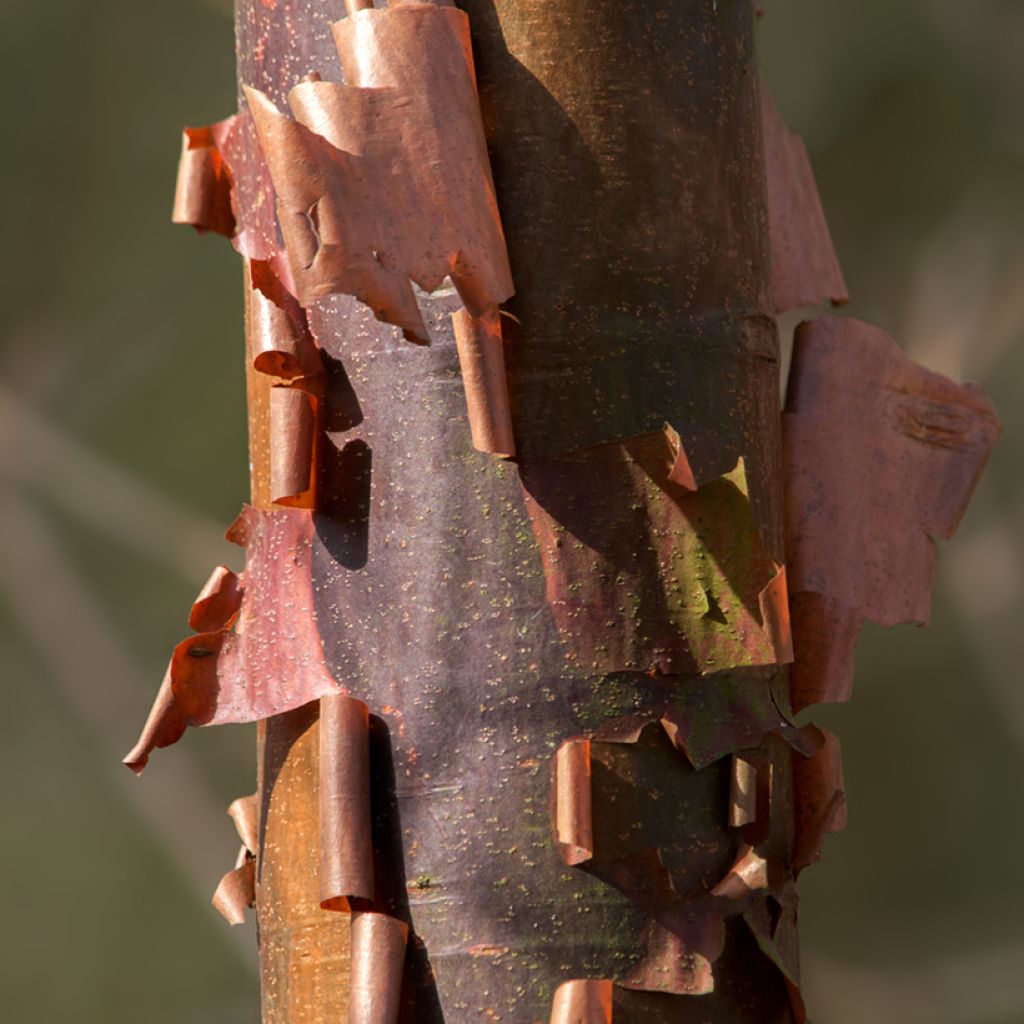

Prunus serrula Branklyn
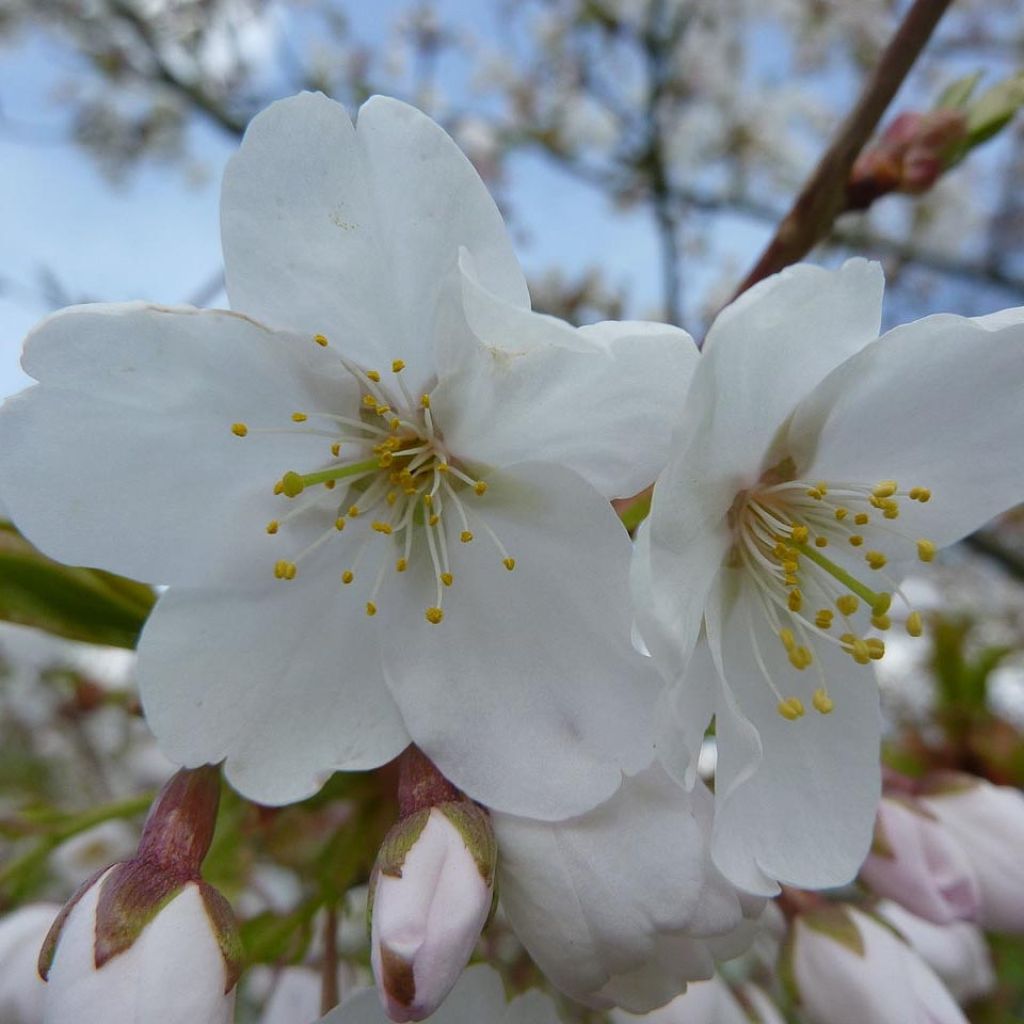

Prunus serrula Branklyn
Prunus serrula Branklyn
Prunus serrula Branklyn
Japanese Cherry
Arrived safely and on time, perfectly packaged and careful delivery driver, very beautiful specimen larger than expected, wishing it a good recovery.
Rolande P., 28/10/2018
Special offer!
Receive a €20 voucher for any order over €90 (excluding delivery costs, credit notes, and plastic-free options)!
1- Add your favorite plants to your cart.
2- Once you have reached €90, confirm your order (you can even choose the delivery date!).
3- As soon as your order is shipped, you will receive an email containing your voucher code, valid for 3 months (90 days).
Your voucher is unique and can only be used once, for any order with a minimum value of €20, excluding delivery costs.
Can be combined with other current offers, non-divisible and non-refundable.
Why not try an alternative variety in stock?
View all →This plant carries a 24 months recovery warranty
More information
We guarantee the quality of our plants for a full growing cycle, and will replace at our expense any plant that fails to recover under normal climatic and planting conditions.


Would this plant suit my garden?
Set up your Plantfit profile →
Description
Prunus serrula Branklyn is a variety of Japanese Cherry awarded in England for its ornamental qualities as well as its performance in the garden. This charming small tree, decorative throughout the year, is one of those flowering cherries that we love as much for their spring flowering as for their bark, which is sublime in winter. It is enveloped in a shiny mahogany copper-coloured 'skin' streaked with white, a very warm, very rich hue, of great beauty in the yellow light of a beautiful December afternoon. In spring, it is covered with small, simple white flowers, at the same time as its leaves emerge. Then comes autumn, and the time for its foliage to change to gold and orange. Give this small tree a prime location, which will allow it to be admired through a window in winter.
Originally from western China, where it grows spontaneously, Prunus serrula was listed by the French botanist Adrien Franchet in 1890 and introduced to Europe by the Englishman Edward Adrian Wilson in 1908.
The Japanese cherry Branklyn is a small shrub with a naturally rounded and dense habit. It will reach a height of about 4 m (13ft) and a spread of the same size at maturity. This variety has highly decorative bark: a coppery brown approaching mahogany, streaked horizontally with white, it exfoliates in patches, revealing a shiny, coppery new "skin". Its deciduous foliage develops during the month of April, in the form of pedunculate leaves, slightly pendulous, with prominent veins, slender in shape, with a gradually ascending base and an acuminate tip. The colour of the Japanese Cherry's leaves will evolve throughout the rest of the year, marking each season. During spring, its leaves will appear in a tender green colour, which will gradually evolve into dark green, before taking on warm yellow and orange colours in autumn. During the month of April, with the first spring heat, the Japanese Cherry will be covered with a multitude of simple and delicate flower clusters, formed by five white petals, surrounding golden and erect stamens. The flowers give way to non-edible fruits, green then black with red hues.
Magnificent in every season, Prunus serrula Branklyn keeps its major asset, its beautiful bark, for winter, which blends into the garden throughout the rest of the year. While it puts on a show in the colder seasons and in spring, it elegantly accompanies all the other plants in the garden. It is often planted at the back of shrub or perennial beds, but it is also used as a specimen, which allows us to admire its beautiful coppery mahogany colour. It can also be planted overhanging a large pathway, with the base adorned with an ornamental bramble (Rubus calycinoides california, Betty Ashburner), and Nepeta, in the company of other spring-flowering shrubs such as ornamental apple trees (Malus Evereste, Van Eseltine), Chinese almond tree (Prunus triloba), flowering peach trees, deciduous magnolias; the show is dazzling for at least a month!
Report an error about the product description
Prunus serrula Branklyn in pictures
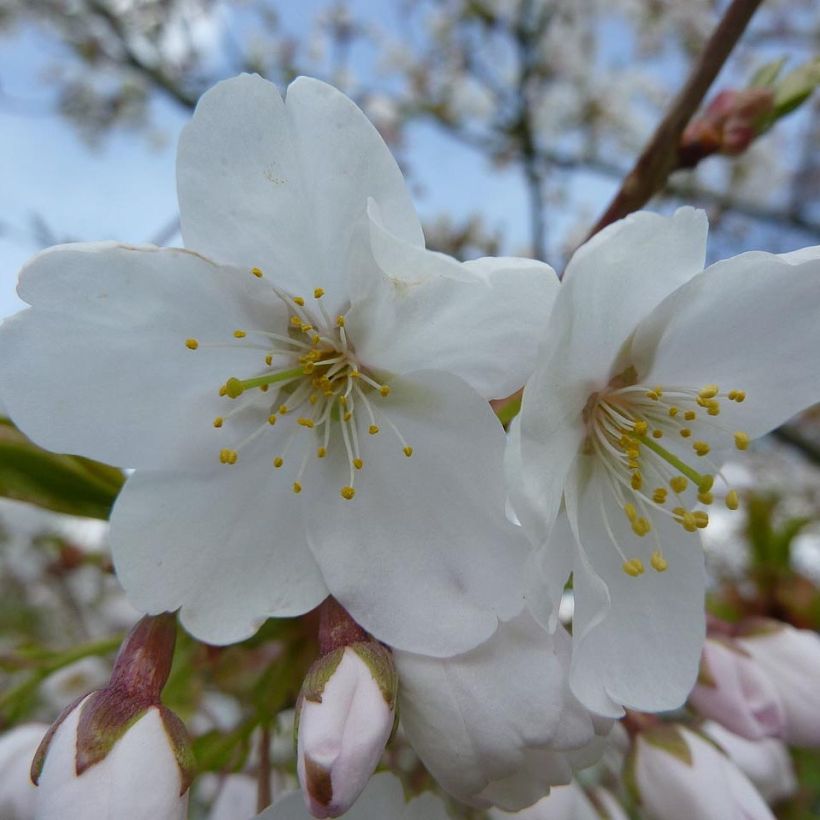

Plant habit
Flowering
Foliage
Botanical data
Prunus
serrula
Branklyn
Rosaceae
Japanese Cherry
Cultivar or hybrid
Other Prunus
View all →Planting and care
Prunus serrula Branklyn thrives in full sun or partial shade, in any deep, fairly rich soil, preferably moist but well-drained, without excessive limestone. When planting, mix your soil with compost at a ratio of 50%. Dig a large planting hole. Pay attention to late frosts that could damage early flowering. That's why it's preferable to place the Prunus in a location somewhat sheltered from dry and cold winds.
Planting period
Intended location
Care
-
, onOrder confirmed
Reply from on Promesse de fleurs
Similar products
Haven't found what you were looking for?
Hardiness is the lowest winter temperature a plant can endure without suffering serious damage or even dying. However, hardiness is affected by location (a sheltered area, such as a patio), protection (winter cover) and soil type (hardiness is improved by well-drained soil).

Photo Sharing Terms & Conditions
In order to encourage gardeners to interact and share their experiences, Promesse de fleurs offers various media enabling content to be uploaded onto its Site - in particular via the ‘Photo sharing’ module.
The User agrees to refrain from:
- Posting any content that is illegal, prejudicial, insulting, racist, inciteful to hatred, revisionist, contrary to public decency, that infringes on privacy or on the privacy rights of third parties, in particular the publicity rights of persons and goods, intellectual property rights, or the right to privacy.
- Submitting content on behalf of a third party;
- Impersonate the identity of a third party and/or publish any personal information about a third party;
In general, the User undertakes to refrain from any unethical behaviour.
All Content (in particular text, comments, files, images, photos, videos, creative works, etc.), which may be subject to property or intellectual property rights, image or other private rights, shall remain the property of the User, subject to the limited rights granted by the terms of the licence granted by Promesse de fleurs as stated below. Users are at liberty to publish or not to publish such Content on the Site, notably via the ‘Photo Sharing’ facility, and accept that this Content shall be made public and freely accessible, notably on the Internet.
Users further acknowledge, undertake to have ,and guarantee that they hold all necessary rights and permissions to publish such material on the Site, in particular with regard to the legislation in force pertaining to any privacy, property, intellectual property, image, or contractual rights, or rights of any other nature. By publishing such Content on the Site, Users acknowledge accepting full liability as publishers of the Content within the meaning of the law, and grant Promesse de fleurs, free of charge, an inclusive, worldwide licence for the said Content for the entire duration of its publication, including all reproduction, representation, up/downloading, displaying, performing, transmission, and storage rights.
Users also grant permission for their name to be linked to the Content and accept that this link may not always be made available.
By engaging in posting material, Users consent to their Content becoming automatically accessible on the Internet, in particular on other sites and/or blogs and/or web pages of the Promesse de fleurs site, including in particular social pages and the Promesse de fleurs catalogue.
Users may secure the removal of entrusted content free of charge by issuing a simple request via our contact form.
The flowering period indicated on our website applies to countries and regions located in USDA zone 8 (France, the United Kingdom, Ireland, the Netherlands, etc.)
It will vary according to where you live:
- In zones 9 to 10 (Italy, Spain, Greece, etc.), flowering will occur about 2 to 4 weeks earlier.
- In zones 6 to 7 (Germany, Poland, Slovenia, and lower mountainous regions), flowering will be delayed by 2 to 3 weeks.
- In zone 5 (Central Europe, Scandinavia), blooming will be delayed by 3 to 5 weeks.
In temperate climates, pruning of spring-flowering shrubs (forsythia, spireas, etc.) should be done just after flowering.
Pruning of summer-flowering shrubs (Indian Lilac, Perovskia, etc.) can be done in winter or spring.
In cold regions as well as with frost-sensitive plants, avoid pruning too early when severe frosts may still occur.
The planting period indicated on our website applies to countries and regions located in USDA zone 8 (France, United Kingdom, Ireland, Netherlands).
It will vary according to where you live:
- In Mediterranean zones (Marseille, Madrid, Milan, etc.), autumn and winter are the best planting periods.
- In continental zones (Strasbourg, Munich, Vienna, etc.), delay planting by 2 to 3 weeks in spring and bring it forward by 2 to 4 weeks in autumn.
- In mountainous regions (the Alps, Pyrenees, Carpathians, etc.), it is best to plant in late spring (May-June) or late summer (August-September).
The harvesting period indicated on our website applies to countries and regions in USDA zone 8 (France, England, Ireland, the Netherlands).
In colder areas (Scandinavia, Poland, Austria...) fruit and vegetable harvests are likely to be delayed by 3-4 weeks.
In warmer areas (Italy, Spain, Greece, etc.), harvesting will probably take place earlier, depending on weather conditions.
The sowing periods indicated on our website apply to countries and regions within USDA Zone 8 (France, UK, Ireland, Netherlands).
In colder areas (Scandinavia, Poland, Austria...), delay any outdoor sowing by 3-4 weeks, or sow under glass.
In warmer climes (Italy, Spain, Greece, etc.), bring outdoor sowing forward by a few weeks.






























